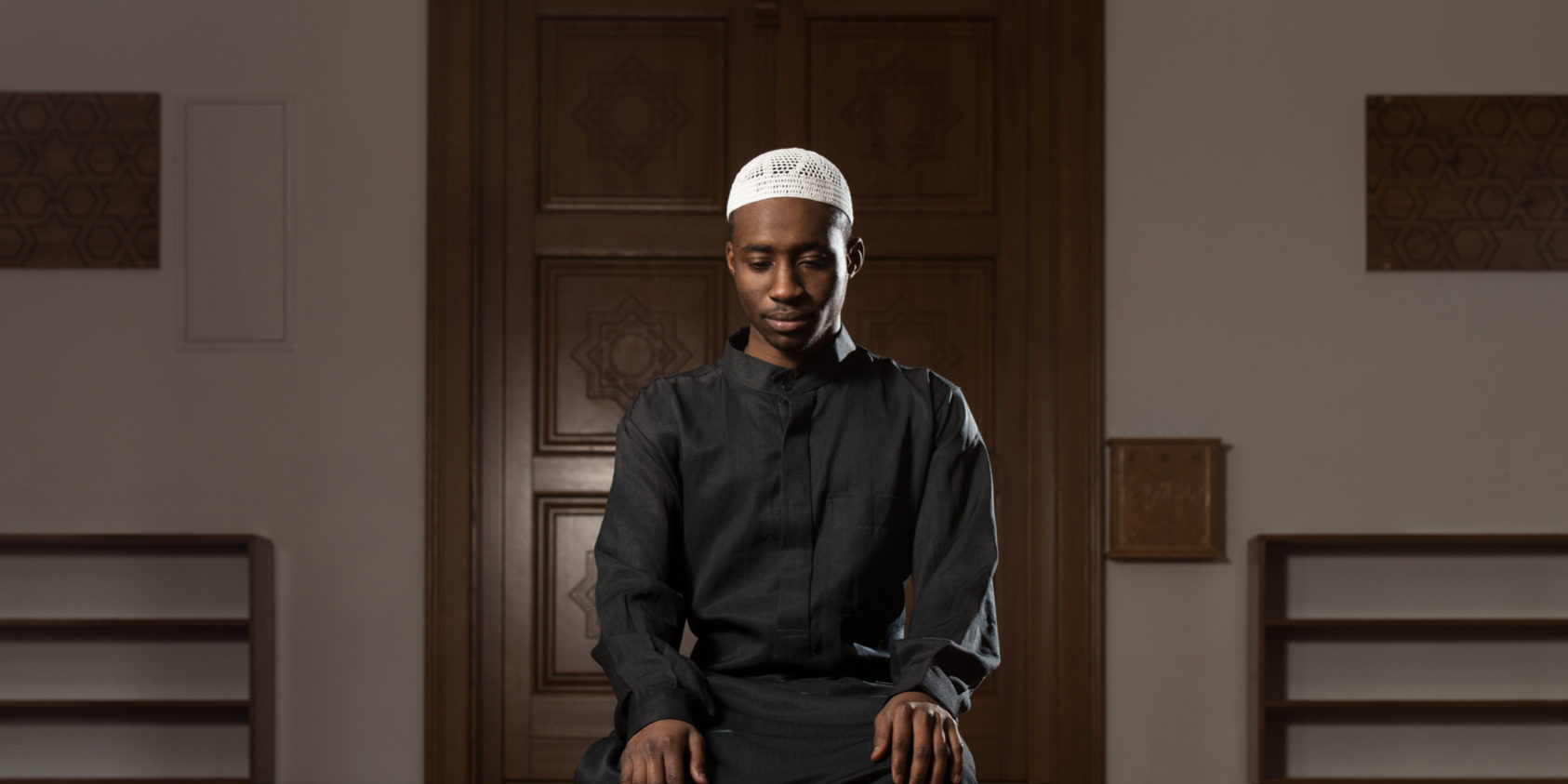Answered by Shaykh Omar Subedar
Question:
I am facing certain doubts in my ṣalāh (ritual prayer) such as;
- When reading a sūra (Qurʾānic chapter) I do not know whether I recited Al Fātiḥa before it or not
- When in rukūʾ (bowing position) I am unsure of reciting the takbīr when going into rukūʾ or not
- When in the sujūd (prostration) I doubt whether I performed sajda before it or not
- When in the 3rd raka’āt (unit of prayer) I am not sure whether I did tashahhud after the 2nd raka’āt or not
- Even behind the imam I doubt whether I began with the takbīr or not or said āmīn after the Imam’s Al Fātiḥ
Today I prayed the farḍh of Dhuhr and in the third raka’āt when reciting Al Fātiḥa I repeated a portion of it from ‘iyyāka na’budu’ till ‘ihdinaṣ‘ṣiratal mustaqīm’ so I decided after completing to repeat the ṣalāh. The first time I prayed I became uncertain in the 3rd raka’āt whether I performed sajda once or twice hence I continued and completed the prayer. Thereafter I decided to repeat the ṣalāh again. When offering it the exact same doubt in the same raka’āt happened. So again I felt to repeat it once more. My wife said, “Do not repeat it for you must have offered it correctly.”
So I said, “No, I will repeat it, and if it happens again I will leave it.”
As soon as I said this, within a fraction of a second it occurred to me that what I said was, Allāh forbid, I will leave offering ṣalāh completely, so I immediately added the word ‘repeating’, thus my complete sentence was “And if it happens again i will leave…” (fraction of a second), “…repeating.”
Now I am getting whispers that I may have committed kufr (disbelief), may Allāh protect me. Did I commit kufr or is this whispers from Shayṭān who bothers me with whispers? What is the solution for my ṣalāh? I repeated Dhuhr 3 times. There is not a day in which I do not experience doubts in my ṣalāh. I always have the urge to repeat it because I do not feel satisfied. Same goes for my wuḍhū, it takes very long. Please advise me accordingly what to do.
Answer:
May Allāh relieve you of this distressful situation. A doubt in ṣalāh is normally caused by one of two factors;
- Inattentiveness during the prayer
- Paranoia which is influenced by Shayṭān
If the cause of your doubts is the first factor then this can only be remedied by becoming attentive during the prayer and developing strong concentration. If it is due to the second factor then this will only be remedied by ignoring the satanic whispers and leaving the result of your worship in Allāh ’s hands. The way to amend the deficiencies in the prayer in such circumstances is by prostrating twice prior to concluding the prayer, which is known as Sujūd al Sahw.
Abū Hurairah رضى الله عنه reported, “Allāh ’s Messenger صلى الله عليه وسلم said, “When one of you stands to pray, Shayṭān approaches him and confuses him to the extent that he becomes unsure of how many raka’āt he has performed. When any of you experience this then you should prostrate twice while sitting.” [Muslim: 1265]
In another narration the Prophet صلى الله عليه وسلم has added that this will annoy Shayṭān. [Muslim: 1272]
However one will only resort to this conduct if he;
- performs an additional posture amongst the required postures of the prayer
- omits a necessary (wājib) action from the prayer
- delays the performance of a necessary (wājib) action in the prayer
- unintentionally delays the performance of an integral action (farḍh) of the prayer. (Al- Hidāya p. 262 vol. 1 Dar al Farfur, Damascus, Syria 2006)
Hence with this in mind the following is the course of action you should adopt when experiencing the aforementioned complications in your prayer;
- If you are unsure of whether you recited Sūra Al Fātiḥa during the prayer or not, conclude the prayer with Sujūd al Sahw, for reciting Sūra Al Fātiḥa is among the necessary performances (wājibāt) of the prayer and its omission can be amended by performing this type of prostration. (Al- Hidāya p. 262 vol. 1 Dār al Farfur, Damascus, Syria 2006)
- If you are uncertain of whether you had said the takbīr whilst going into rukūʾ` you should just continue with your prayer, for uttering the takbīr for changing postures is amongst the sunna performances of the prayer[1] and omitting a sunna performance does not invalidate the prayer nor does it necessitate Sujūd al Sahw.
- When in prostration if you are unsure whether you had performed prostration prior to it, perform prostration again after it and conclude the prayer with Sujūd al Sahw just in case you have performed an additional prostration.
- If you feel that you have omitted the first sitting (tashahhud) in a 4 raka’āt prayer you may conclude the prayer with Sujūd al Sahw. (Al- Hidāya p. 263 vol. 1 Dār al Farfur, Damascus, Syria 2006)
- If you genuinely feel that you failed to utter the opening takbīr whilst performing the prayer behind the Imam you should utter it as soon as you remember.
- If you felt that you did not utter Āmīn upon the conclusion of the Imam’s recitation of Sūra Al Fātiḥa you need not worry as uttering Āmīn is among the sunna performances of the prayer. (Nūr Al Iḍhāh p. 69 Qadimi Kutub Khana, Karachi Pakistan)
As for the scenario which you have described, you are clearly experiencing satanic harassment and hence you must ignore the whispers that are coming in your mind. You have not committed kufr and thus you should not feel any anxiety towards this particular matter.
Once you have completed the prayer you should just leave it to Allāh and anticipate acceptance from Him. As for wuḍhū, you should simply suffice with washing the required areas 3 times and move on. Washing an area more than thrice is considered an act of transgression.
`Amr ibn Shu’ayb reported from his father, who reported from his grandfather who asked, “O Messenger of Allāh صلى الله عليه وسلم how is purification [attained]?”
Allāh ’s Messenger صلى الله عليه وسلم asked for some water in a container and washed his hands thrice. Thereafter he washed his face thrice, his forearms thrice and wiped his head. He then inserted his index fingers in his ears and wiped the external portion of his ears with his thumbs and the internal portion with his index fingers. He then concluded with washing his feet thrice and expressed, “This is how wuḍhu [is performed]. Whoever does anything additional upon this or omits something [from it] has committed a wrong act and an act of injustice.” [Sunan Abū Dāwūd: 135]
And Allāh Knows Best
[1] Nur Al Idhāh p. 70 Qadimi Kutub Khana, Karachi Pakistan








